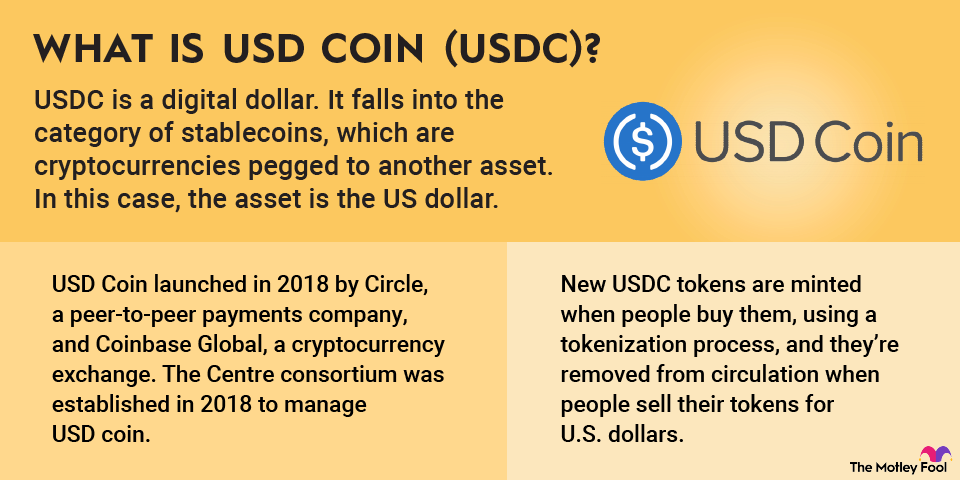While the tales of unicorns are as varied as the cultures that produce them, the mythical animals are rare, unique creatures. In the world of venture capital (VC) or start-up investing, businesses that manage to reach a valuation of $1 billion are similarly rare. It’s because of that rarity that a venture-capital-backed private company -- or start-up, in VC lingo -- that manages to reach a valuation of $1 billion is referred to as a unicorn.

What is a unicorn company?
Thousands of small businesses are started every year, and few of their founders have ambitions to build a billion-dollar business. Most just have an idea that they think can create wealth or at the very least, a comfortable income.
But if you have bigger ambitions and need funding, you may look to find investors to help you fully develop your business plan. Whether it's angel investors who provide initial capital, or the giant venture capital funds that invest in dozens or even hundreds of start-ups, it's these "unicorn hunters" who provide the funding to grow your start-up from idea to billion-dollar business.
The VC industry exists to find the next big thing and own a portion of it. Companies that were initially funded by angel and VC investors and then grew to a business valuation of $1 billion or more are anointed unicorns.
Why unicorn companies are a thing
Investing in start-ups is filled with risk. A large portion either fail or get acquired, sometimes for less than the funding they got. But if you’re an early investor in a future unicorn, the returns can be simply enormous.
Let's use Meta Platforms (META -1.54%) as an example. Back in 2004, legendary investor Peter Thiel -- who co-founded PayPal (PYPL +3.10%) and Palantir and who is now one of the most influential VC investors -- became the first outside investor in Facebook. His $500,000 investment gave him a 10% stake in the company, worth a cool $55 billion at recent prices. That's about a 1.1 million percent return. Of course, Thiel sold the majority of his stake in Facebook for about $1 billion years ago, but even selling "early" resulted in a 2,000% gain.
This is the secret of venture capital investing: You're going to have plenty of losers and a smattering of decent winners. But if you manage to find a Meta Platforms every so often, you’ll make a lot of money, even after factoring in the losers in your portfolio. In baseball terms, it's all about slugging percentage, not batting average. Considering that the long-term data suggests fewer than 1% of start-ups achieve a unicorn valuation, this makes sense.
Related investing topics
Should you invest in unicorn companies?
Technically, a unicorn is no longer a unicorn when it goes public, and it may seem like the best money has been made by then. After all, they often go public so their VC backers can exit and take their winnings and move on to the next group of start-ups. In some cases, that's true; we've certainly seen our share of initial public offerings (IPOs) and special purpose acquisition companies (SPACs) in recent years where VC investors cashed out, and retail investors got washed out.
But sticking with the Meta Platforms example, remember that Thiel sold out at roughly $1 billion, leaving almost $54 billion in additional gains on the table. The unicorns that go public as profitable companies with durable competitive advantages can still be excellent investments for those of us who can only afford public stocks. You should look for signs that the company can make money without outside funding or that it has enough money on its balance sheet to cover cash burn until it gets cash-flow positive.
















